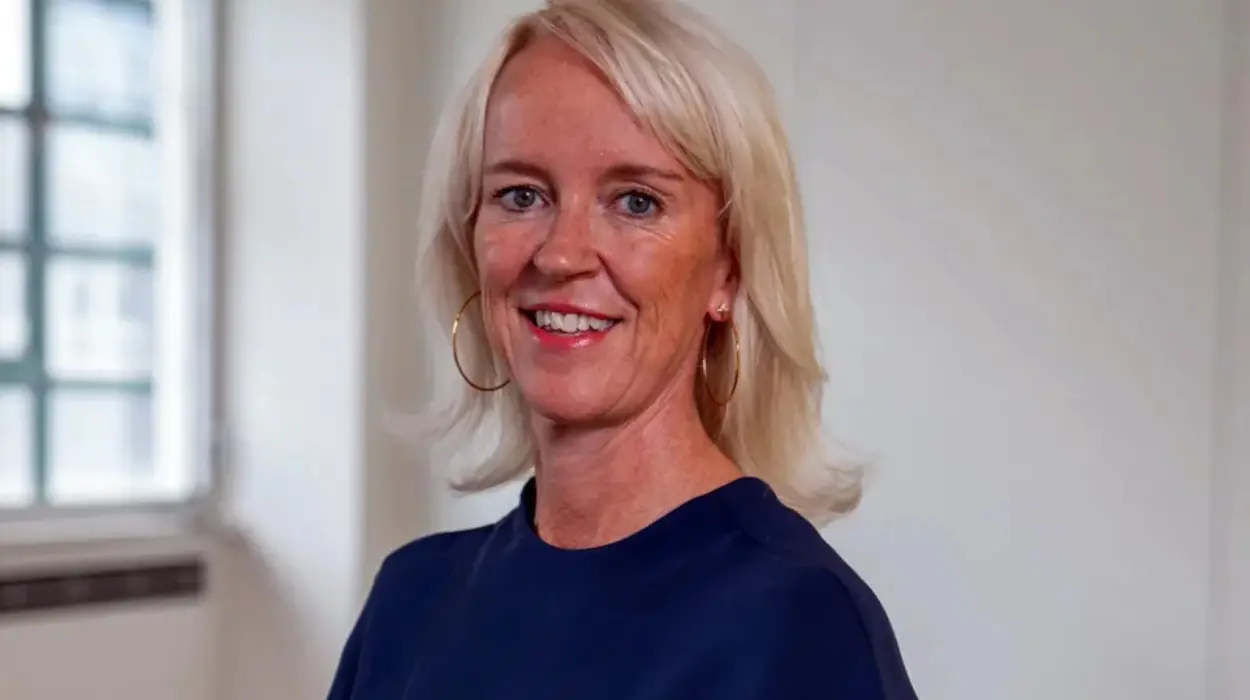UK (Parliament Politics Magazine) – Breast cancer may cost the UK £4.2bn by 2050, with charities urging improved screening and care to prevent deaths and economic losses.
As reported by The Telegraph, research shows the UK may face a £4.2bn economic burden from breast cancer over the next 25 years.
What did Breast Cancer Now say about the UK’s £4.2bn cancer burden?
The charity Breast Cancer Now warns that failing to provide equal access to diagnosis and treatment could have serious consequences across the UK.
A joint study by Breast Cancer Now and think tank Demos reveals that breast cancer will cost the UK economy £3.2–£3.5 billion in 2025.
The report factors in NHS spending on diagnosing and treating breast cancer, as well as economic losses from patients and carers being unable to work.
According to the analysis, breast cancer’s economic impact may increase to £4.2bn by 2050, a 31% rise without intervention.
The analysis suggests that raising breast screening to 80% could save up to £185 million in 2025 by detecting cases earlier and improving treatment outcomes.
The report warns that addressing health inequalities could save thousands of lives each year. It suggested that tackling gaps in breast cancer care could save 2,000 lives a year in ethnic minority communities and 3,200 in deprived areas, while also saving the economy up to £180 million and £389 million respectively.
What did Claire Rowney say about breast cancer’s rising toll in the UK?
Claire Rowney, CEO of Breast Cancer Now, stated the analysis
“sets out loud and clear the huge challenges in tackling breast cancer and the dire consequences we’ll face unless urgent action is taken now to save more lives from the disease and give everyone an equal chance of the best diagnosis, treatment and care.”
She said,
“Breast cancer is so far from a done deal. Our new report exposes the growing scale of the problem and the human and economic prices being paid – with far too many lives tragically being lost to this devastating disease.”
Ms Rowney added,
“Great strides have been made in tackling breast cancer over past decades, but it still devastates thousands of lives in the UK each day – with people facing long anxious waits for a diagnosis or vital lifesaving treatment, or being denied the life-extending drugs they need.”
She said,
“We’re calling on governments and policymakers across the UK to work with Breast Cancer Now and our supporters to urgently implement measures we know will improve the lives of those impacted by breast cancer – including tackling low breast screening uptake rates and reducing health inequalities,”
Adding,
“Measures that will also bring about much-needed cost savings to the NHS and UK economy.”
What did Lucy Bush say about tackling breast cancer and health inequalities?
Lucy Bush, research director at Demos, has partnered with Breast Cancer Now since 2023 to analyse the impact of breast cancer in the UK, stated,
“In the context of the NHS 10-year plan for health announcing a shift ‘from disease cure to disease prevention’ this paper comes at a timely juncture. It helps draw attention to the massive opportunity we have to reduce the impact of this devastating disease on our country.”
She said,
“Our work sheds a particular light on the difference that could be made by focusing on improving outcomes for ethnic minority and low-income groups.”
Ms Bush added,
“The disparity we see in the survival rates between different demographic groups is simply unacceptable and the uplift in wellbeing savings demonstrates what the ultimate prize would be – a reduction in the suffering and early deaths of thousands of people.”
Danielle Blakesley’s views about living with breast cancer and its lasting impact
A 38-year-old from Ilminster, Danielle Blakesley, received a breast cancer diagnosis at 34 in January 2022.
After a mastectomy, chemotherapy, and radiotherapy, she is on tamoxifen. However, long-term side effects have prevented her from returning to work.
She stated,
“I’ve been grieving who I once was before my diagnosis, able to be a part of so many things. I didn’t realise how intense treatment would be. After the third round of chemotherapy, I didn’t want to be here. I didn’t see how my body was going to get through it. I’ve had side effects like nerve damage to my feet and joint pain and issues.”
Blakesley said,
“Even now I struggle when I try to do normal things. Just keeping up with my boys can take its toll. I get short of breath when I try to exercise. I was keen to go back to a job that I loved after treatment, but I haven’t been able to due to my fatigue, joint pain and limited mobility.”
She added,
“My emotional and mental health has changed dramatically since treatment. I’m trying to live my life but I just have no focus, spark or confidence.”
Key facts about breast cancer patients in the UK
Breast cancer affects around 56,822 people in the UK each year, mostly women. It causes about 11,499 deaths annually, making it a leading cancer killer.
Survival rates have improved, with 76.6% of women living 10 years or more after diagnosis. This reflects advances in detection, treatment, and care.
NHS 10-year plan
Labour’s 10-year NHS plan aims to shift care to local Neighbourhood Health Centres by 2035. The NHS App will provide AI symptom checks, appointment bookings, and prescription management.
Prevention will focus on genomics, wearables, and personal health budgets. These measures aim to enhance access, improve efficiency, and improve patient outcomes.


